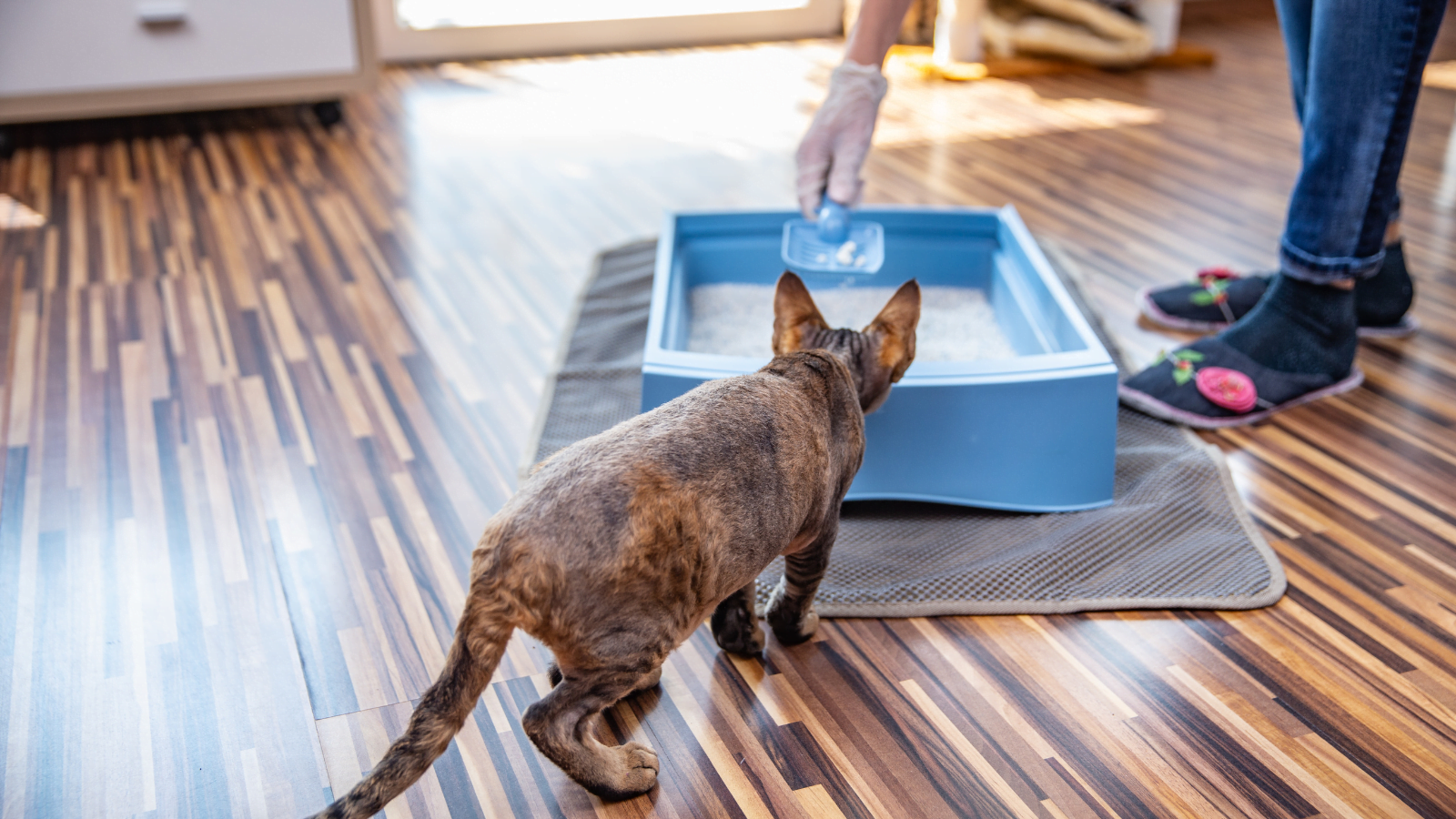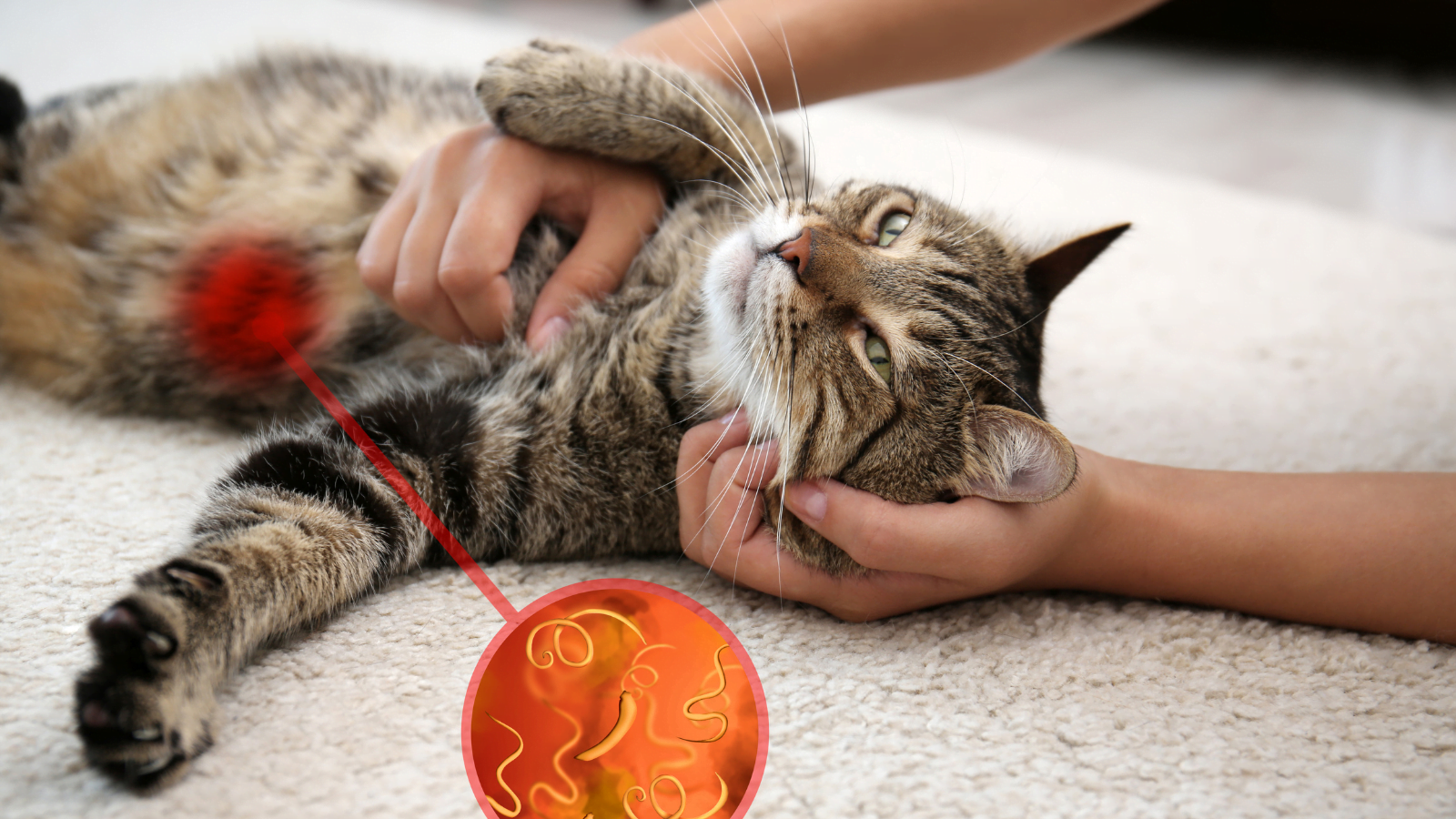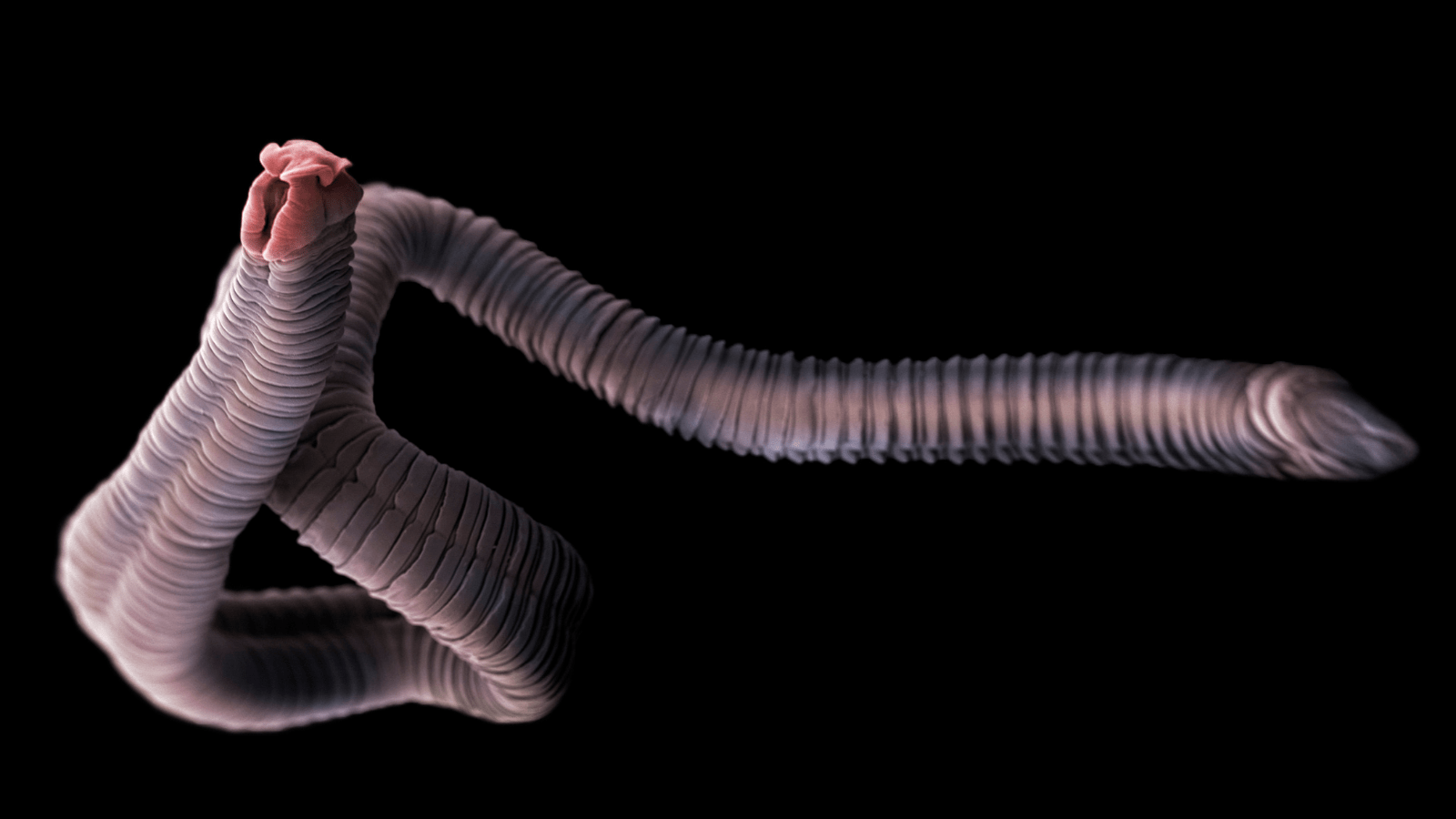Cats, those adorable creatures, are simply irresistible. But beware, they can bring more than just love and cuddles. Parasites like worms thrive on their feline hosts, causing a range of health issues including vomiting, diarrhea, and weight loss.
And guess what? These little troublemakers can even be transmitted to humans! So, it’s crucial to act swiftly when you discover that your cat has worms. Not only for your furry friend’s well-being but also for your own health!
Shielding both your beloved kitty and yourself from these unwelcome guests should be right at the top of every pet parent’s to-do list. And one vital step you must take is a thorough house cleaning to prevent re-infestation.
In this post, as a trained veterinarian, I’ll guide you step-by-step on how to rid your house of those pesky cat worms. If I missed something important, feel free to leave a comment below – I value your input! Now, let’s get started!
Step-by-Step Guide on Cleaning the House
Step 1: Vacuum the House Thoroughly

Start your worm removal process by giving the house thorough vacuuming. Utilize a vacuum with excellent suction power, enabling it to effectively draw in dirt and debris from all over the home.
Focus on the hard surfaces and areas where your furry friend typically spends most of their time – such as beds, carpets, and furniture – but also remember to delve into crevices and corners with a crevice tool; cat worms have an eye for these hard-to-reach spaces!
Recommended: Ultimate Guide to the 7 Best Shark Vacuums for Pet Hair in 2024
Step 2: Disinfect the House with a Suitable Cleaner
After vacuuming, use a suitable house cleaner to eliminate any worms or parasites in the home. Look for products containing ingredients such as hydrogen peroxide, quaternary ammonium compounds, and a bleach solution – these are extremely effective at destroying both parasites and their eggs.
Be sure to read all instructions on the label carefully before using it, and ensure it is safe around pets too!
Step 3: Wash Your Cat’s Bedding and Toys
It’s imperative to wash your cat’s bedding, food bowls, and toys because worm eggs can stay viable in the environment for up to several weeks.
To ensure that all parasites are eliminated, use hot water and a top-notch detergent when cleaning these items.
If you can’t fit your cat’s bedding into your washing machine, consider taking it over to a laundromat or having it professionally cleaned.
Step 4: Clean and Disinfect the Litter Box

Don’t forget the litter box when you’re tidying up your house! Discard the contents of it and clean with a mild cleaner, rinsing and drying completely.
Disinfect afterward to ensure that it is sanitized before refilling with fresh litter.
Step 5: Be Vigilant in Maintaining Cleanliness
To effectively prevent re-infestation, it is essential to stay vigilant with cleanliness. Vacuuming carpets and furniture weekly and sanitizing the household regularly will help ensure your house stays free of pests.
Additionally, ensure that your cat’s bedding and toys are washed at least once every month, while their litter box should be cleaned daily for best results.
Prevention is Key
Taking preventive measures is critical when it comes to keeping your indoor cat free of worms. Here are some useful tips to prevent worms in your cat:
- Keep your cat indoors to reduce its exposure to parasites.
- Keep your cat’s litter box clean and use high-quality litter.
- Feed your cat a high-quality diet rich in nutrients to boost its immune system.
- Take your cat to the vet for regular check-ups and deworming treatments.
Proper Hygiene Practices for Both You and Your Cat
Good hygiene is a must for both you and your feline friend. To keep things on track, here are some helpful tips to ensure optimal cleanliness:
- Ensure you wash your hands properly after handling your cat, particularly if they have worms.
- Use hand gloves when cleaning their litter box or handling their feces.
- Keep your cat’s food and water bowls clean and free of contamination.
- If you have more than one cat at home, each cat should have their separate litter boxes to prevent the spread of parasites.
It’s no secret that worms can cause a world of trouble for cats and their owners in terms of health and upkeep.
To avoid a reoccurring infestation of worms in your cat, it is absolutely imperative that you take immediate action.
What are the Different Types of Worms That Can Affect Cats?
Cats, although independent and seemingly self-sufficient creatures are susceptible to parasites. As a veterinarian, I’ve treated my fair share of worm infestations that have caused serious health problems for our furry friends – not to mention could be passed onto us humans too!
Taking precautions is key in protecting your kitty from these pesky critters, and you can do that if you know the different types of worms that can affect cats and their respective symptoms so you can take prompt action if you suspect your cat has worms.
The types of worms can have varying effects on cats. Among them are roundworms, hookworm, and tapeworm. Cats may have heartworms, but these are rarely found in indoor cats.
Roundworms

Did you know that roundworms are notorious troublemakers in the cat world? These long, winding parasites can grow up to a whopping four inches and wreak havoc on your furry friend’s health.
Common signs of an infestation include vomiting, diarrhea, and weight loss – not to mention their tell-tale pot-bellied appearance. Keep an eye out for any suspicious worms in your kitty’s feces or vomit!
Tapeworms

Tapeworms are creepy, unwelcome guests that can lurk inside your cat’s body. These slimy parasites can reach up to two feet long and cause nasty problems like vomiting, diarrhea, weight loss, and bloating in cats.
Keep an eye out for small white segments around their anus – it could mean the little rascals have snuck into your pet’s intestines!
Hookworms
It’s a frightening reality – the hidden danger of hookworms lurking beneath the surface in your cat’s intestines. These parasites latch onto our beloved felines, stealing blood and causing anemia that leads to weakness, lethargy, and weight loss.
And if you’re not vigilant enough, tell-tale signs like dark tarry stool or bloody feces may be too late for effective treatment!
Heartworms
Heartworms are a type of parasite that can be detrimental to cats and dogs and outdoor cats alike. Transmitted through the bite of an infected mosquito, these intestinal parasites pose serious health risks if left untreated in your feline companion.
Frequent symptoms include coughing, vomiting, diarrhea, fatigue, and weight loss; however, more severe cases can lead to heart failure or even death!
Symptoms of Worm Infestation in Cats
Beyond the individual symptoms linked to each type of the worm infection, there are also general signs that you should stay alert for. These include:
- Vomiting
- Diarrhea
- Weight loss
- A pot-bellied appearance
- Lack of appetite
- Lethargy
- Pale gums
- Dark, tarry feces or blood in the stool
- Itching around the anus
If you notice any of these symptoms in your cat, it’s important to take them to the veterinarian for a check-up. Your veterinarian can perform a fecal exam to determine if your cat has worms and can recommend the appropriate treatment.
Frequently Asked Questions
Can I touch my cat if it has worms?
If your cat has a worm infestation or worm infection, you can still touch your cat, but it’s essential to wash your hands thoroughly afterward. Worm eggs can be present in your cat’s feces which can be transmitted to humans through contact.
Keep your hands clean, keep yourself safe! Washing regularly is the best way to protect against potentially harmful worm infestations from contact with cats. Let’s stay healthy and happy together!
Are cats prone to infections?
Sure, indoor cats may have a lesser chance of catching something nasty compared to their outdoor feline brethren, but that doesn’t mean they get off scot-free.
From microbes in the air or worm eggs lurking around litter boxes – it’s essential for kitty owners to stay on top of things like regular cleanings and vaccines as prevention is always better than cure!
Can cats spread worms in the house?
Without regular deworming and proper care, cats can be carriers of worms in the home. These parasites can then spread through their feces or by releasing eggs into the environment.
Therefore it is important to ensure your cat receives adequate treatment and is kept healthy so as to reduce this risk.
To prevent reinfection, it’s essential to thoroughly clean your home if your cat has worms. Worm eggs can remain alive in the environment for weeks, so make sure you use a carpet cleaner and wash your pet’s bedding and toys often – not forgetting to disinfect their litter box regularly.
Final Thoughts
To keep your adorable feline friend and beloved family members safe from germs, it’s super important to thoroughly sanitize the entire house. Following this step-by-step guide as a foundation will ensure you can maintain hygiene and overall health in your home.
Taking proactive measures is the best way to keep your cat’s coat free from parasites, so make sure you’re taking action now to prevent any future infestations.
To ensure your beloved feline family member receives the best possible care, visiting a knowledgeable veterinarian and getting all your questions answered will give you peace of mind. After all, nobody takes better care of their kitties than their devoted owners! 😺

